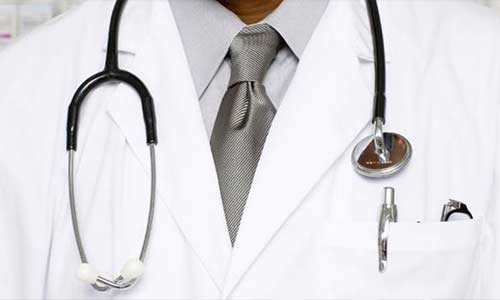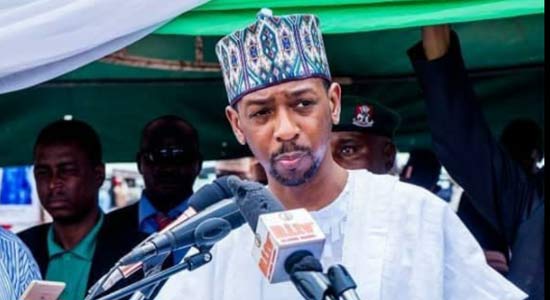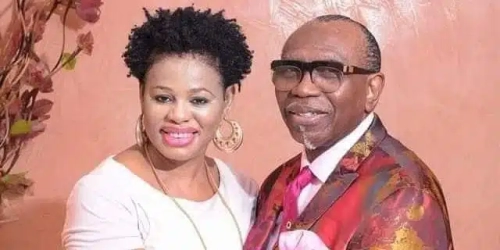NEWS UPDATES 20/10/2022
Nigeria Now Has One Doctor to 10, 000 Patients, Says NIPSS

The long-running depletion of Nigeria’s health workforce has taken a turn for the worse with the doctor-to-patient ratio in the country now 1:10,000 as against the World Health Organisation (WHO) recommendation of 1:1,000, according to the National Institute for Policy and Strategic Studies (NIPSS).
At the moment, Nigeria has the third-largest number of foreign medical doctors working in the United Kingdom after India and Pakistan.
The director-general of NIPSS, Professor Ayo Omotayo, disclosed this yesterday at a one-day symposium with the theme: Nigeria’s Recent Health Sector Brain Drain and Its Implications for Sustainable Child and Family Health Service Delivery.
The event was organised by the development Research and Projects Centre (dRPC) in collaboration with NIPSS, in Abuja, yesterday.
Ayo said, “Nigeria lost over 9,000 medical doctors to the United Kingdom, Canada, and the United States of America between 2016 and 2018, adding that a total of 727 medical doctors trained in Nigeria relocated to the United Kingdom alone in six months, between December 2021 and May 2022.
“The data from the Register of the Nursing and Midwifery Council (NMC) of the UK shows that the number of Nigeria-trained nurses increased by 68.4 percent from 2,790 in March 2017 to 7,256 in March 2022.”
The NIPSS DG lamented that this trend of skill migration from the health sector is happening when the country’s population is expanding geometrically.
“It is estimated that by 2030, there will be 272.5 million Nigerians. This implies that there will be no medical doctors to meet the medical needs of the population,” he said.
This, the DG said, calls for an improved health workers’ supply to tackle the supply deficit in order to solve the disease burden and positively turn the tide of health indicators.
He also stressed the need for the country to meet the 15 per cent allocation of the total domestic budget to the health sector as pledged by the country and other African countries in 2001.
The president, Nigerian Medical Association (NMA), Dr. Ojinma Uche, called for the establishment of a Health Development Bank to facilitate development of the health care sector.
He said if agriculture and industries have Agric Bank and Bank of Industries ( BOI), then it is wrong to neglect the sector that provides the basis for the workforce to be strong and productive.
On poor funding of the health sector, Orjinma said since the mandate from the WHO and the Abuja Declaration, Nigeria’s budget allocation for health has remained consistently low between 2.0 and 6.0 per cent (5.75% for 2023 proposed budget).
“In the original 2020 budget of N10.59trillion, Health got N464billion which was approximately 5% (with approximately N52bn as capital expenditure while N412bn was for recurrent expenditure) while Security received N1.5trn which was approximately 14.2% (Defence N975bn, Police Affairs N410bn, Office of National Security Adviser N169bn and Police Service Commission N1.4bn).
“Out of the N464 billion allocated to the Health sector, only N59 billion was for capital expenditure. The news got worse after COVID-19 lockdown as the budget was revised downward and the Health budget was cut in half.
“Kindly tell me how all federal tertiary health institutions will rely on N26 billion to provide structures and cutting-edge equipment for training and services?
“This is why the work environment is depressing, while we can do nothing for many patients despite knowing what to do because of lack of equipment.
“In the 2023 proposed budget, Health is to get N1.17 trillion (5.75%) while Security and Defence will get N2.56trillion (12.5%),” he said.



